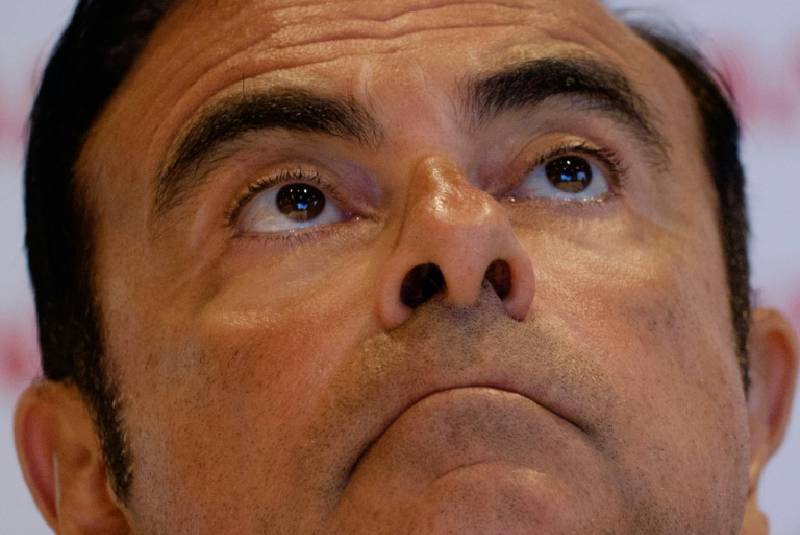×
The Standard e-Paper
Kenya’s Boldest Voice

Carlos Ghosn is likely to remain in Japanese custody for the foreseeable future after a Tokyo court denied him bail Tuesday despite a last-ditch personal appeal by the former Nissan boss, as Renault set a date to replace him.
The court's decision was expected as it had previously judged him to be a flight risk who could potentially tamper with evidence. Even Ghosn's own lawyer has said his client would likely remain in jail until his trial.